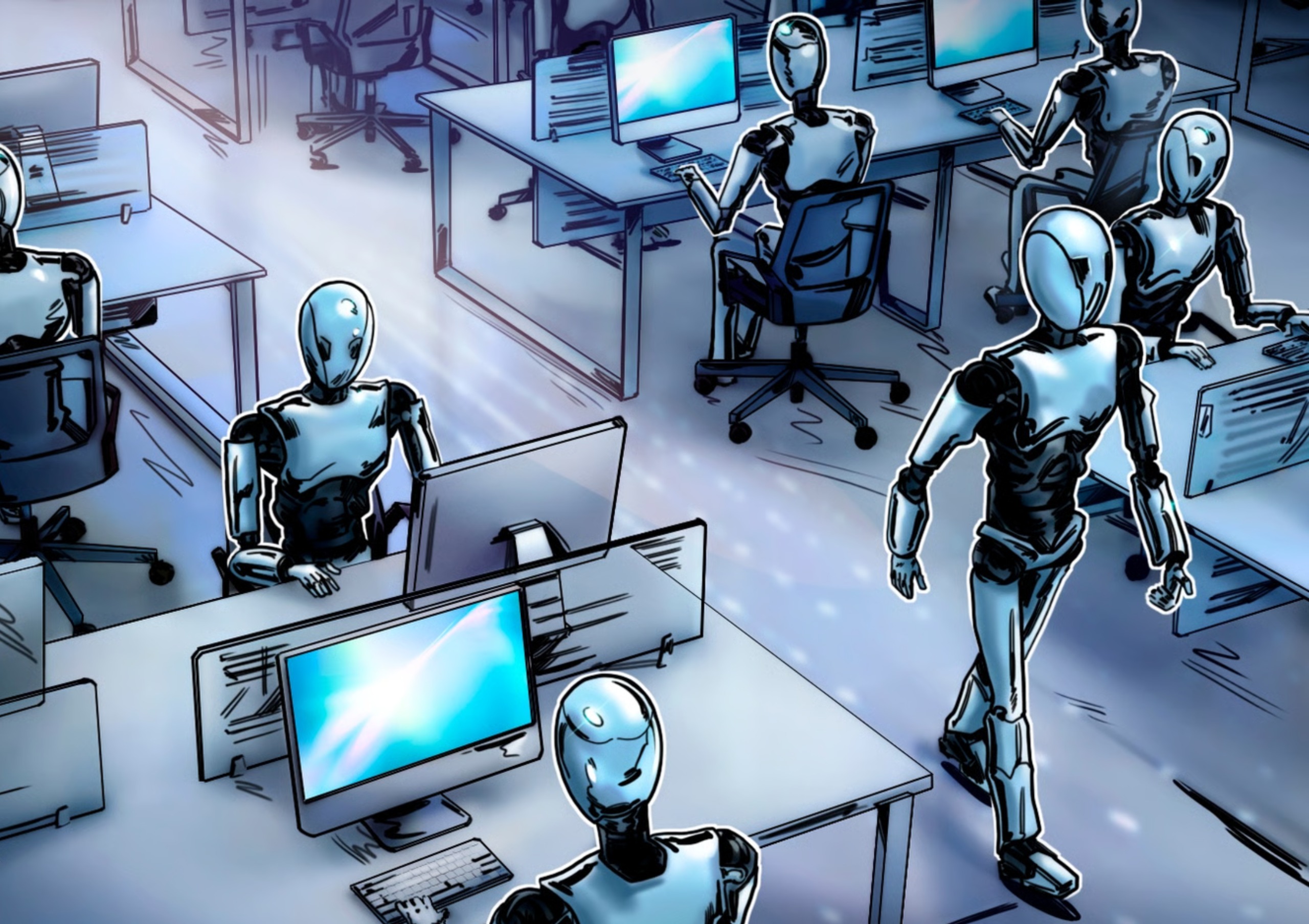One of the most talked about topics these days is artificial intelligence or AI. While it is making various tasks in our daily lives easier, some experts say that this technology will take away human jobs in the future. One such controversial and explosive comment was recently made by internationally renowned researcher and future thinker Adam Dorr. He is the director of a research organization called "RethinkX". According to him, if the current technological pace continues, by 2045 most of the world's professions will begin to lose humans, and they will be replaced by humanoid robots and AI systems.
According to Adam Dorr, the rapid development of machine learning, automation, and robotics will mean that humans will no longer be needed for many tasks in the future. He compared humans to horses in the past just as horses were once the main means of transportation, but after the invention of the automobile, they gradually disappeared from use. In Dorr's words, "Humans are becoming just such an 'old technology', whose skills and needs will be far behind those of robots and AI."
He believes that the use of machines in almost all areas, from banking, legal services, healthcare, retail, content creation to industrial production lines, will reach a point where human performance will become redundant. Many currently see AI as merely an assistive technology, but Dorr claims that within the next two decades, AI and robots will become direct competitors to humans.
But he said not all jobs will disappear. Some professions that require human sensitivity, emotion and ethical analysis will survive. For example, political leadership, sports coaching, counselling, mentoring, and even sex work may survive. But the question is, is it possible to meet the employment needs of more than 8 billion people in the world with these professions?
This is where a deep crisis is brewing. If society is not ready for this transformation, there will suddenly be a massive increase in unemployment, poverty, and inequality around the world. Where will people who lose their jobs go? How will life continue? Many experts fear that this transformation could lead to social chaos, mental anguish, and economic crisis.
But Adam Doerr doesn't see this picture as entirely negative. According to him, with the right planning and policies, we can also take this transformation in a positive direction. He says that in the future, if the basic needs of all people—food, medical care, housing, education—can be easily met through AI and automation, then people will no longer have to spend their entire lives worrying about just making a living. He calls this possible state "Super Abundance"—where everything people need to live well without having to work would be readily available.
To achieve this goal, government planning, social awareness, new economic structures and fair distribution of resources are needed. The education system must be overhauled so that people can be prepared for the future. Instead of just fearing technology, it must be used for human welfare.
Just as artificial intelligence is opening up unprecedented possibilities for us, it is also creating the threat of a terrible danger. Now the question is—are we ready for that change? Can we prepare our society, economy, and education for this transformation in advance? Or will we be lost in the wave of technology?
This decision will determine what our future holds—a terrible crisis, or a new, prosperous, just world. Now is the time for us to think, prepare, and take the right steps.





